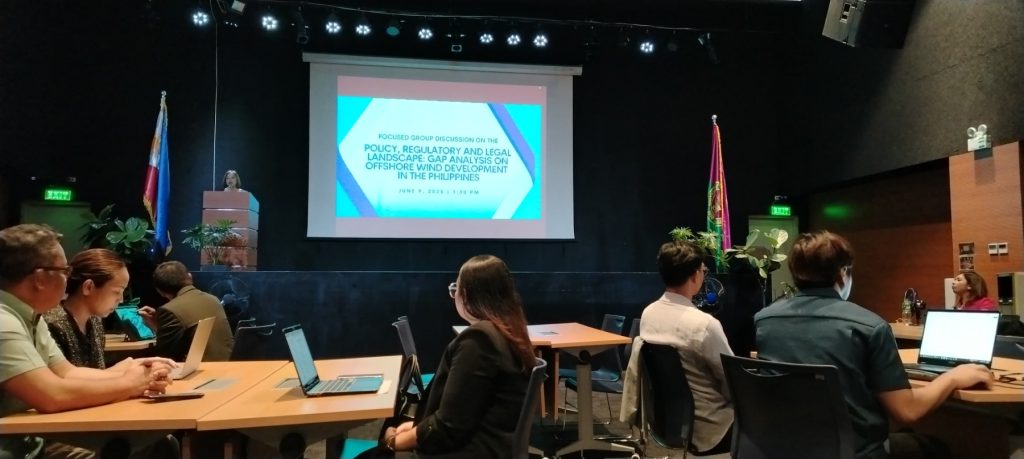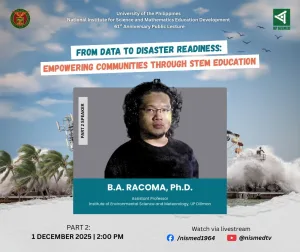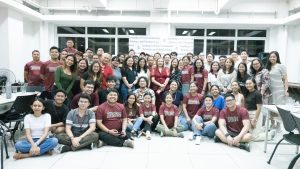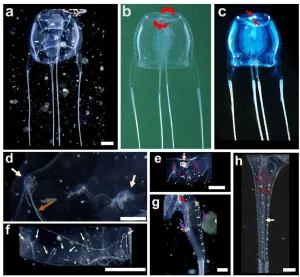

Faculty members from IESM participated in the round table discussion titled “Gap Analysis on Offshore Wind Development in the Philippines: Policies and Regulatory Framework” held on June 9, 2025, at the University of the Philippines – Bonifacio Global City (UP-BGC). The event is organized by Philippine Energy Research and Policy Institute (PERPI) and is chaired by UP President, Atty. Angelo Jimenez.
This timely and critical discussion brought together key stakeholders from the academic, government, and private sectors to address the pressing issues surrounding the policy and regulatory gaps that impact the advancement of Offshore Wind Projects (OWPs) in the country. With the Philippine archipelago’s vast coastal and marine areas, the potential for offshore wind energy is significant and is targeted to be realized by 2028. However, several challenges hinder the effective realization of these projects.
UP-IESM is represented by Dr. Enrico L. Replan and Dr. Lemnuel V. Aragones, who contributed their expertise to the interdisciplinary dialogue. Their contributory discussion emphasized the importance of maintaining ecological integrity and understanding the environmental dynamics associated with offshore wind development.
Dr. Replan shared insights into policy alignment and institutional coordination mechanisms, highlighting the need for a cohesive regulatory framework that ensures sustainable energy development without compromising marine biodiversity. Meanwhile, Dr. Aragones provided an ecological perspective, focusing on the possible impacts of OWPs on marine ecosystems, migratory patterns, and fisheries productivity, underscoring the need for evidence-based environmental impact assessments.
Throughout the discussion, participants explored the current policy fragmentation in offshore wind governance, including overlapping jurisdictions, lack of standardized permitting processes, and insufficient stakeholder engagement. Recommendations included strengthening inter-agency collaboration, updating existing environmental regulations to address offshore-specific challenges, and integrating local community perspectives into development planning.
The event concluded with a call to action to establish a more coherent and inclusive policy and regulatory environment that supports the Philippines’ commitment to renewable energy while safeguarding its rich marine biodiversity.
UP-IESM remains committed to contributing to national dialogues on sustainable development, particularly in the energy and environmental sectors, and looks forward to engaging in further collaborative efforts toward responsible offshore wind energy deployment in the Philippines.



